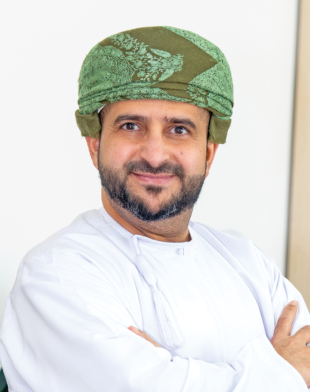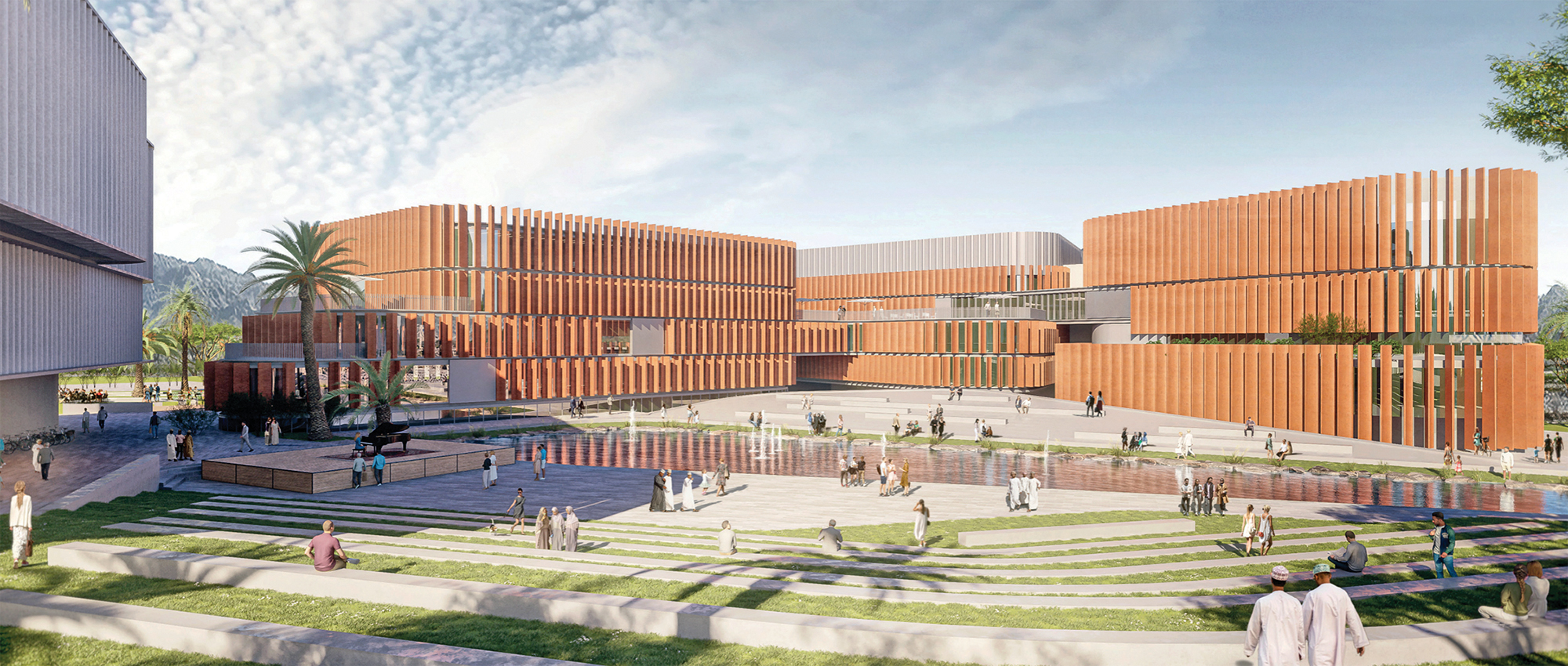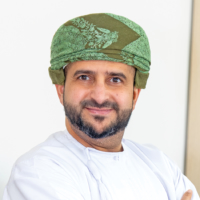Located in the heart of Oman’s capital, Muscat University was established in 2016 with a mission to transform individuals through industry-engaged and research-informed teaching. Initially collaborating with the U.K.’s Aston University and Cranfield University, the educational center now offers its own distinctive programs, while the student body has grown from 500 to nearly 4,000.
However, what sets the university apart from many in the region is its placement year program, which sees students presented with the opportunity to gain real-world experience in the workplace.
“Our emphasis on academic excellence is coupled with practical exposure. Unlike traditional universities, Muscat University ensures that students gain hands-on experience before they graduate,” said Khamis al Yahyaee, vice chancellor of Muscat University.

“Third-year students work full-time in leading companies, both locally and internationally, for an entire year. This approach bridges the gap between academia and industry, ensuring students graduate career-ready.
“Furthermore, Muscat University is among the first Omani educational institutions to integrate globally recognized certifications within its academic programs, giving students an additional competitive edge. These certifications are highly sought after in industries such as finance, technology and engineering.
“As part of our strategic vision, Muscat University aims to establish itself as a leading center for professional certifications. By partnering with global accrediting bodies and industry leaders, the university seeks to offer specialized certification programs that cater to the evolving needs of professionals in various sectors.
“This initiative provides students and working professionals with globally recognized qualifications, enhancing their career prospects and contributing to the development of a skilled workforce in Oman and beyond,” he said.
Collaboration is another cornerstone of Muscat University’s values, with students benefiting from strategic relationships with industry leaders.
“We go beyond traditional education as we believe in transforming classrooms into real-world laboratories where students engage with cutting-edge industry challenges,” al Yahyaee said. “Our work with renowned conglomerates such as Zubair Corp. exemplifies this approach. Through this partnership, our students gain exclusive internship opportunities, working on live projects that sharpen their problem-solving and leadership skills.
“More than just trainees, our students are embedded as integral team members, gaining real-world exposure that makes them career-ready from day one. Additionally, Zubair’s commitment extends beyond internships. They provide scholarships for high-achieving yet underprivileged students, reinforcing our vision of fostering inclusivity and talent development. This is the future of education, where industry and academia merge to create a powerful learning ecosystem,” he said.
Providing opportunities for real-world experience ensures the next generation of highly skilled workers is being produced while simultaneously helping to shape the future of Oman.
“At Muscat University, research is not just about publications, it’s about solutions. Our students at ARA Petroleum, a subsidiary of Zubair, conduct applied research that merges academic theory with industry challenges,” al Yahyaee explained.
“We are pioneers in renewable energy research, having introduced one of Oman’s earliest programs in this field. Our collaboration with various institutions ensures our research remains aligned with national industry needs, driving innovation and sustainability.”
Committed to transforming lives, empowering industries and expanding Oman’s academic footprint on the global stage, Muscat University also hopes to attract international students and form relationships with some of the world’s most prestigious universities.
To achieve this, the university aims to take advantage of the strong and long-standing relationship between Japan and Oman.
“We are eager to strengthen our academic ties with Japanese institutions, exploring opportunities for research collaboration, student exchange programs and joint initiatives,” al Yahyaee said.
“We welcome Japanese students to experience Oman’s rich cultural heritage and world-class education through exchange programs and summer schools. Our doors are always open to researchers, investors and students looking to be part of a future-driven academic institution that is contributing in shaping the next generation of global leaders.”
When it comes to the university’s future, the hope is that it can help shape the future of higher education in Oman and continue to contribute to the sultanate’s ambitious plans to diversify the economy.
“We want to deliver high-quality academic programs and foster a robust research and innovation ecosystem,” al Yahyaee said. “We are committed to aligning our curriculum with globally renowned institutions, ensuring that our graduates are well equipped with the skills demanded by a rapidly evolving job market.
“A key focus area is the commercialization of research. We aim to bridge the gap between academic discoveries and market applications, fostering entrepreneurship and innovation. By nurturing small and midsize enterprises, we also contribute directly to Oman’s economic diversification and growth.
“Financial sustainability and infrastructure development are also central to our strategy. We are investing in a state-of-the-art campus in Madinat Al Irfan, designed to be a hub for creativity, research and industry partnerships.
“By combining academic excellence, professional integration and global reach, Muscat University is uniquely positioned as a premier, future-focused institution that produces highly skilled, industry-ready graduates. Our commitment to practical learning, internationalization and research-driven impact makes us among the leaders in shaping the future of higher education in Oman and beyond,” he said.
https://info.japantimes.co.jp/international-reports/pdf/20250625B-GI_Oman.pdf
https://global-insight.net/







